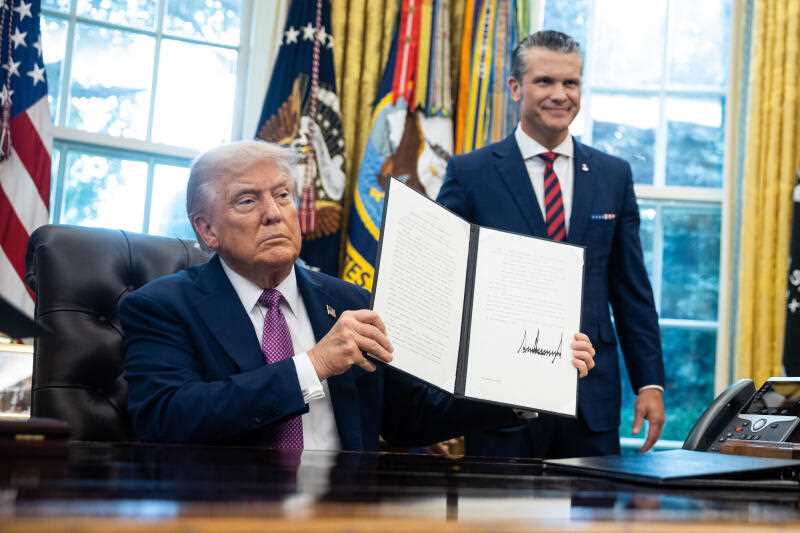
The Global Sumud Flotilla to Gaza was reportedly hit by a suspected Israeli drone attack on Tuesday while docked at the Sidi Bou Said port in Tunisian waters. Video footage from multiple sources confirms that a boat was struck from above with an incendiary device, causing the vessel to ignite with crew on board, damaging the boat and endangering lives. The attack on the group, which included high-profile participants such as activist Greta Thunberg and actor Susan Sarandon, marks yet another instance of alleged aggression by Israel against the flotilla this year.
In response to the attack, the Diaspora and Antisemitism Ministry issued a report declaring the flotilla as an “actual” Hamas operation, claiming it was an elaborate cover to “whitewash the narrative of the terrorist organisations and defame Israel.” As the Israeli authorities attempted to substantiate these claims, they faced criticism for producing evidence that many compared to a “crazy wall” from a popular meme.
Escalating Regional Conflict
This incident is part of a broader pattern of military actions by Israel, which allegedly attacked six sovereign nations within a span of 72 hours. Between September 9 and 11, Israel reportedly conducted airstrikes in the Bekaa Valley, Lebanon, and carried out aerial operations in Syria, Yemen, and even targeted Hamas leadership in Doha, Qatar. Such widespread military engagement is unprecedented, raising concerns about escalating tensions in the Middle East.
These aggressive maneuvers have sparked fears of a potential regional conflict that could have global repercussions. Experts warn that Israel’s actions could destabilize the already volatile Middle East, potentially drawing in other nations and escalating into a broader conflict.
Global Repercussions
Meanwhile, the international community is grappling with multiple crises. A revolution in Nepal, political turmoil in France, and rising tensions in Eastern Europe and Latin America contribute to a sense of global instability. The world appears to be on the brink of chaos, with unresolved crises stacking up like a precarious geopolitical Jenga tower.
“If there was a world tension meter, it would be ringing alarm bells at critical levels,” warned a geopolitical analyst, highlighting the dramatic rise in global tensions.
Domestic Implications and Political Response
In Australia, the government faces criticism for its perceived complicity in supporting Israel’s actions. The Albanese government, along with other Western allies, is accused of enabling Israel’s military operations through diplomatic and economic support. Critics argue that this stance undermines Australia’s moral authority and alienates the public, who increasingly feel unrepresented on key issues like housing, cost of living, and national security.
Political leaders in Canberra face mounting pressure to address these concerns and reconsider their foreign policy stance. However, the bipartisan support for Israel remains strong, with both major political parties maintaining close ties with the Israeli government.
The Media’s Role
The media has also come under scrutiny for its coverage of the conflict. Critics argue that the press has failed to adequately report on the full extent of the violence and destruction, often relying on official statements that do not capture the reality on the ground. As a result, the public remains largely uninformed about the true scale of the crisis.
“The collective press has been extruding rose-tinted information,” observed a media critic, emphasizing the need for more comprehensive and unbiased reporting.
The Path Forward
As global tensions continue to rise, the international community faces a critical juncture. The actions of a few powerful nations have the potential to tip the world into chaos, and it is imperative that diplomatic efforts are intensified to prevent further escalation. For countries like Australia, this means reevaluating their foreign policy priorities and aligning them with the values and interests of their citizens.
Ultimately, the path forward requires a concerted effort from world leaders to address the root causes of these conflicts and work towards a more stable and peaceful global order. Failure to do so could have dire consequences for the future of international relations and global security.






